“We need engineers who dance”
Thoughts during a coffee break with Diego Ugalde TCU, coordinator for Juntas al Bachi
It was a cloudy afternoon at the end of the rainy season, when I sat down to chat with Prof. Diego Ugalde, who coordinates the contributions of the students who complete their University Community (TCU in its Spanish abbreviation) in our program Juntas al Bachi. As he loves coffee, we accompany the conversation with a good cup of coffee, prepared at the table with the Japanese syphon method.
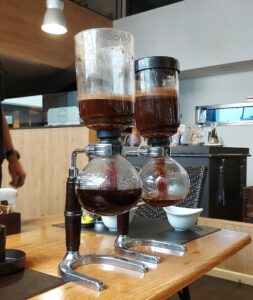
Diego Ugalde is Professor of Spanish, he is a philologist and is currently finishing a master’s degree in Linguistics. For two years, he worked as TCU sub-coordinator of indigenous languages, preparing materials for teachers who taught the Boruca language. For the Reports Estado de la Educación [The State of Education] 7 and 8, he was part of the research team in the area of literacy in primary school.
Currently, he teaches Spanish and Literature at the Universidad de Costa Rica (UCR). At la Universidad Nacional de Educación a Distancia (UNED) he trains students in the pedagogical approach of distance education.
He likes research. For him “every teacher is a potential researcher, the classroom is the laboratory”. And he confesses “My great passion is teaching, being a professor”. At the same time, he emphasizes that being a teacher is just one part of who he is. “One is not only his job”, he declares.
In the free time he has left, he loves to read, visit museums and art in general. He even paints – “but as an amateur”, he quickly clarifies. And he likes going out with friends, swimming and running.
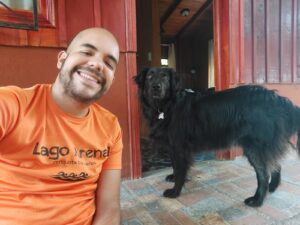
As a citizen of this country, I feel the need to somehow address inequality.
How come you identify so much with Juntas al Bachi?, I want to know.
“The Universidad de Costa Rica has three pillars”, he explains. “Teaching, research and social action. I am a product of public education. I identify a lot with the project Juntas al Bachi, in the first place because it is social action. I am the result of public education (UCR). The University taught me the importance of humanistic values, of helping others, giving back to the country.“
Diego received an honor scholarship from the 2nd year until graduation, with full exemption. He explains that without that, he would not have been able to study. The need to ‘give back’ he feels, leads to social action and supporting vulnerable populations.
He notes that the country is becoming more and more unequal, and with that comes more violence. “We have to be very careful not to lose what we have built”, he indicates, “So that what we invested in education doesn’t get lost”.
“As a citizen of this country, I feel the need to somehow address that inequality. And the solution for inequality and social mobility is education, particularly public education, to help people advance in life”.
Engineers who dance
Diego has mixed feelings about the tendency to focus a lot on STEM (Science, Technology, Engineering, Mathematics) careers.
“Sometimes they talk about STEAM – adding the A to include Arts – although I feel like that is mostly cosmetic, to say that something humanistic is included. It seems to me that not much value is given to humanities and art for the development of the human being. And that is a sample of the loss I referred to. Education has lost clarity regarding the vision of the human beings that it will form. With an emphasis on STEAM careers, without interest in the humanitarian, what some people are interested in is training more or less qualified, but above all cheap, labor.”
He clarifies that this is not always the case, but too often the concern is focused almost exclusively on the technical, and not on training human beings who are critical, innovative, who can think for themselves. “Science left us great inventions, but also the atomic bomb. What is science if it is not accompanied by reflection, philosophical, ethical, moral thought…?” he asks.
«The educational offer reduces philosophy, music,… with the argument ‘why should an engineer know about philosophy?’ Well, because he is not only an engineer. One is not only his profession. Philosophy reminds you that there is more to you. We need engineers who dance.”
«In philosophy is the ethics,» he continues. “How to make decisions taking into account the negative impact on society? Take climate change, for example: we need engineers who not only know about engineering, but who understand the impact on people. You always have to question good and evil. Artificial Intelligence must be accompanied by ethical reflection, if not, it can be very bad”.
Before finishing, he proposes a challenge: go ask philosophical questions (Do you believe in God?, what is beauty?…). “They make fun of you ,” he assures, “they say “there goes another ‘flip flop wearer,’ of UCR” and he smiles. Before we say goodbye, I promise I’ll do the test. And you?
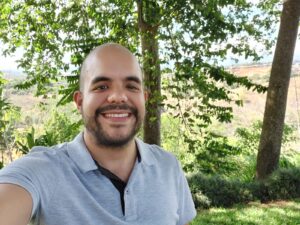

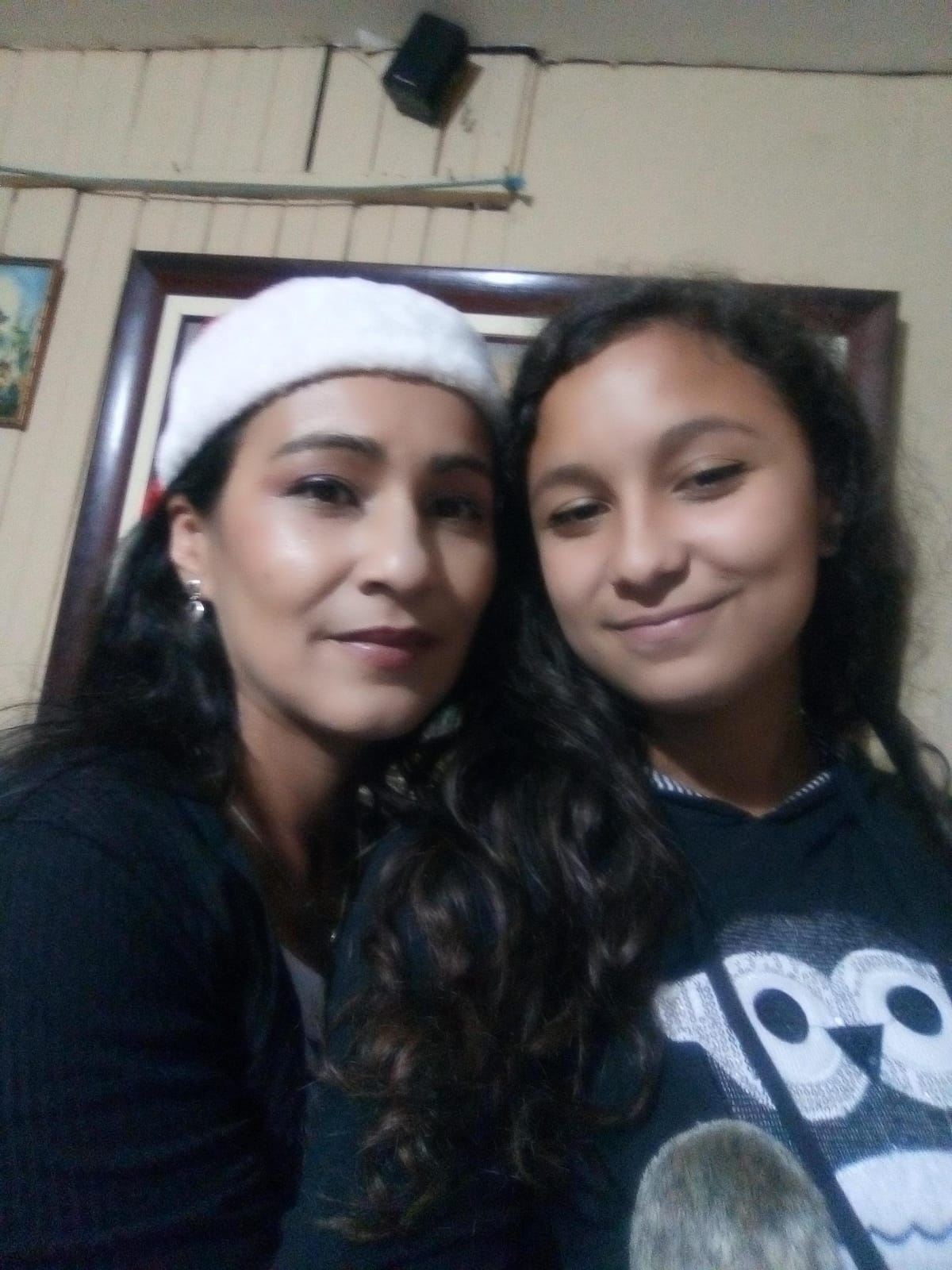
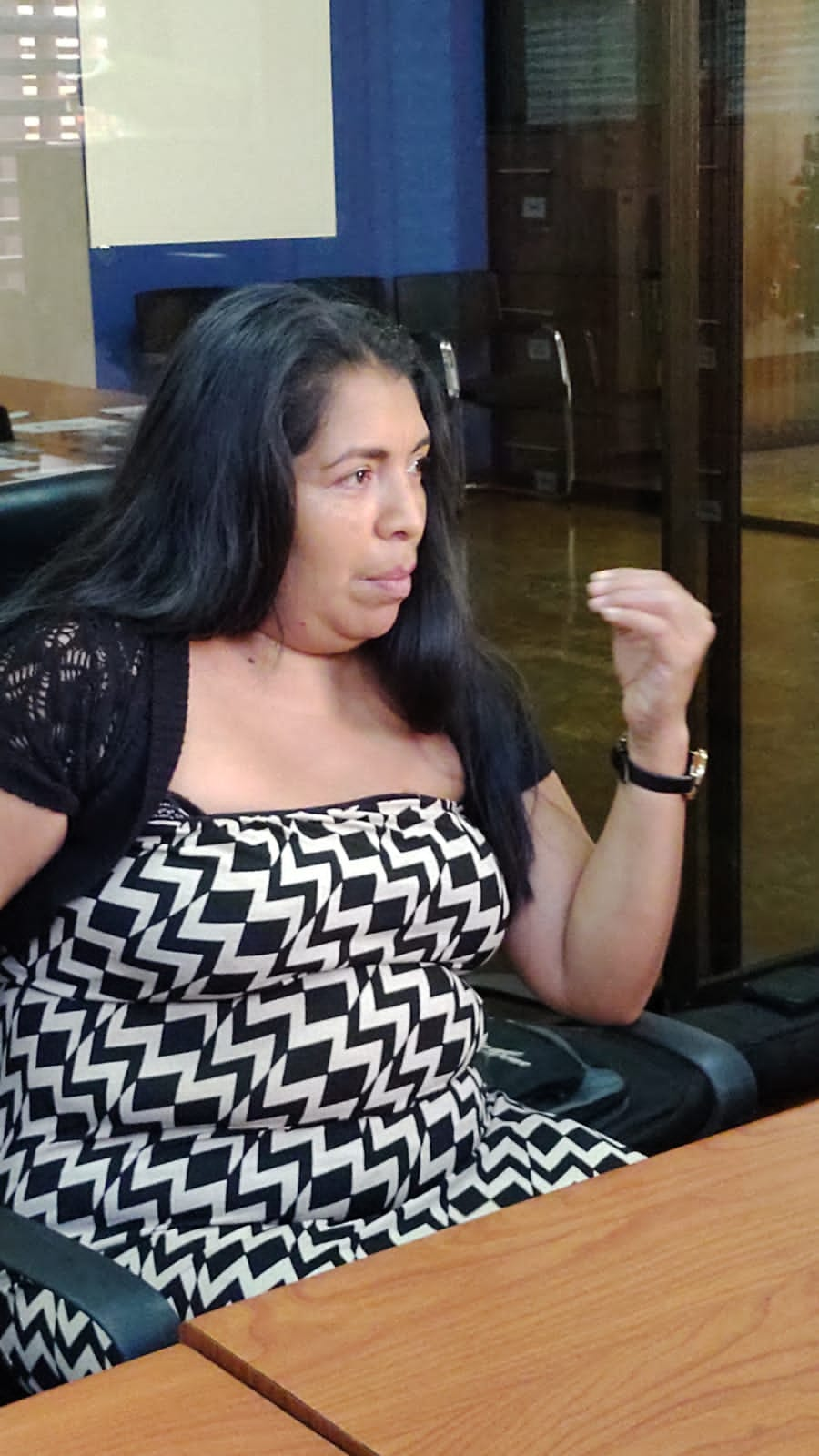
Deja tu comentario